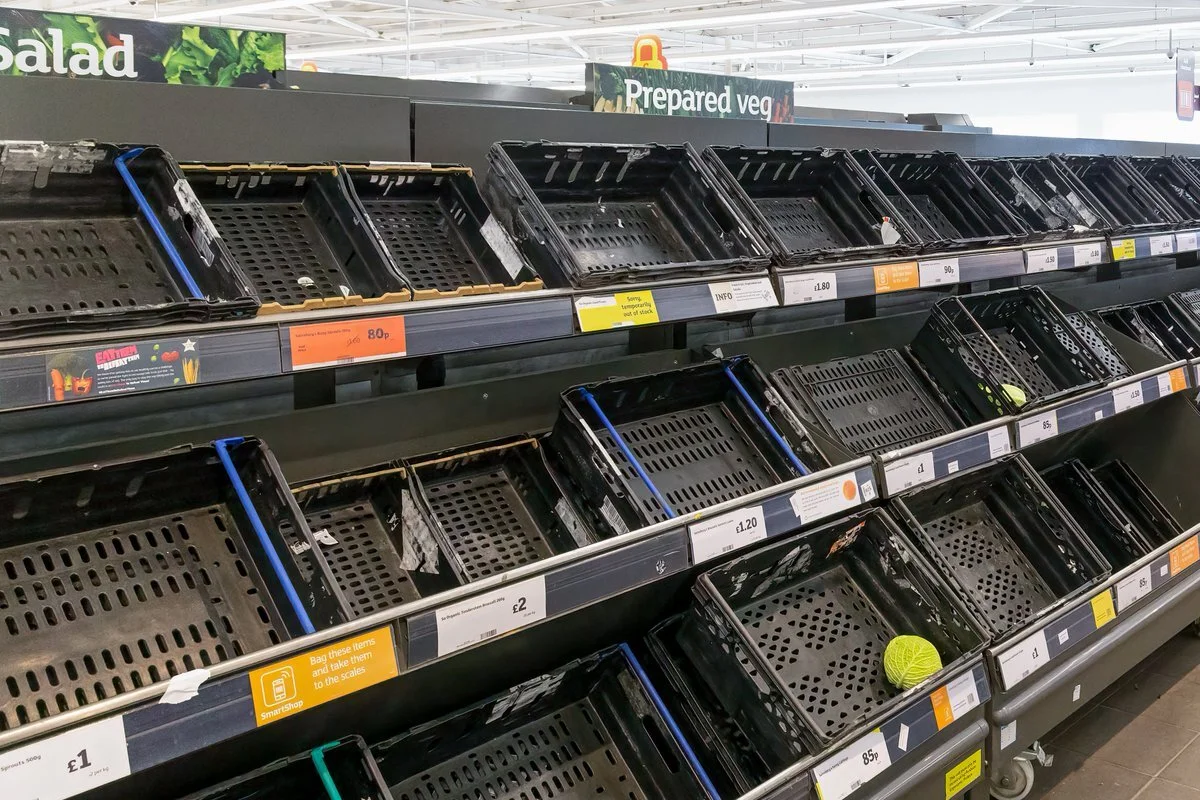The COVID-19 global pandemic is pushing the world to a new paradigm, teaching us what is really crucial for our societies to continue operating. Emergency supplies are sent across the globe to assist combatting the crisis, often as express cargo. These unprecedented circumstances are also leading millions of companies and people to trade and buy online, many for the first time: an experience that might ultimately convert them into regular online traders and shoppers. At the same time, many countries are introducing restrictions for trade and transport (international and domestic) accompanied by possible personnel limitations at postal services and couriers, due to measures put in place to protect employees.
Expedited Shipments was included in the draft WTO Trade Facilitation Agreement negotiation text as early as 2005, and is one of the more comprehensive provisions in the Agreement. Surveys among WTO Members States have shown that this was one of the most desired outcomes of the negotiations. The question is however, if the provision in the Agreement on Expedited Shipment as contained in Article 7.8 is enough to address the increased demands and expectations of online traders and shoppers for speedy cross border ecommerce as well as emergency deliveries, especially now, during and after the COVID-19 global outbreak?
Harnessing expedited shipments could boost the speed and volume cross-border e-commerce, especially in developing countries, where the post and other courier companies are ensuring last-mile delivery to online traders and shoppers. What are the challenges that postal and courier companies face to have expedited shipments cleared without delays? To what extend are postal services and other express carriers fulfilling Customs functions to speed up the clearance of cross-border expedited shipments and e-commerce purchases? How can regulatory agencies facilitate the smooth movement of small parcels across the border? Which kind of issues are Governments faced with in relation to ecommerce logistics and last-mile delivery?
This session will address these questions and explore how national postal services and other logistics providers involved in e-commerce are becoming essential for the facilitation of this type of cross-border trade during and after the COVID-19 pandemic.
OPENING REMARKS
Shamika N. Sirimanne, Director of Division on Technology and Logistics, UNCTAD
SPEAKERS
o Mr. Constantin Ciuta, ASYCUDA Senior Customs Advisor, UNCTAD
o Mrs. Rosine Uwamariya, Commissioner for Customs Services, Rwanda Revenue Authority
o Mr. Steven Pope, Vice President Go Trade, Deutsche Post DHL Group
o Mr. Stefan Krawczyk, Associate General Counsel & Head Government Relations International, eBay
o Javier Garcia, Customs Expert, Universal Postal Union
o Carlos Grau Tanner, Director General of the Global Express Association
MODERATOR
Ms. Annette Ssemuwemba, Deputy Director, Enhanced Integrated Framework, World Trade Organization
ORGANIZERS
UNCTAD/DTL
ITC
UN-ECE


